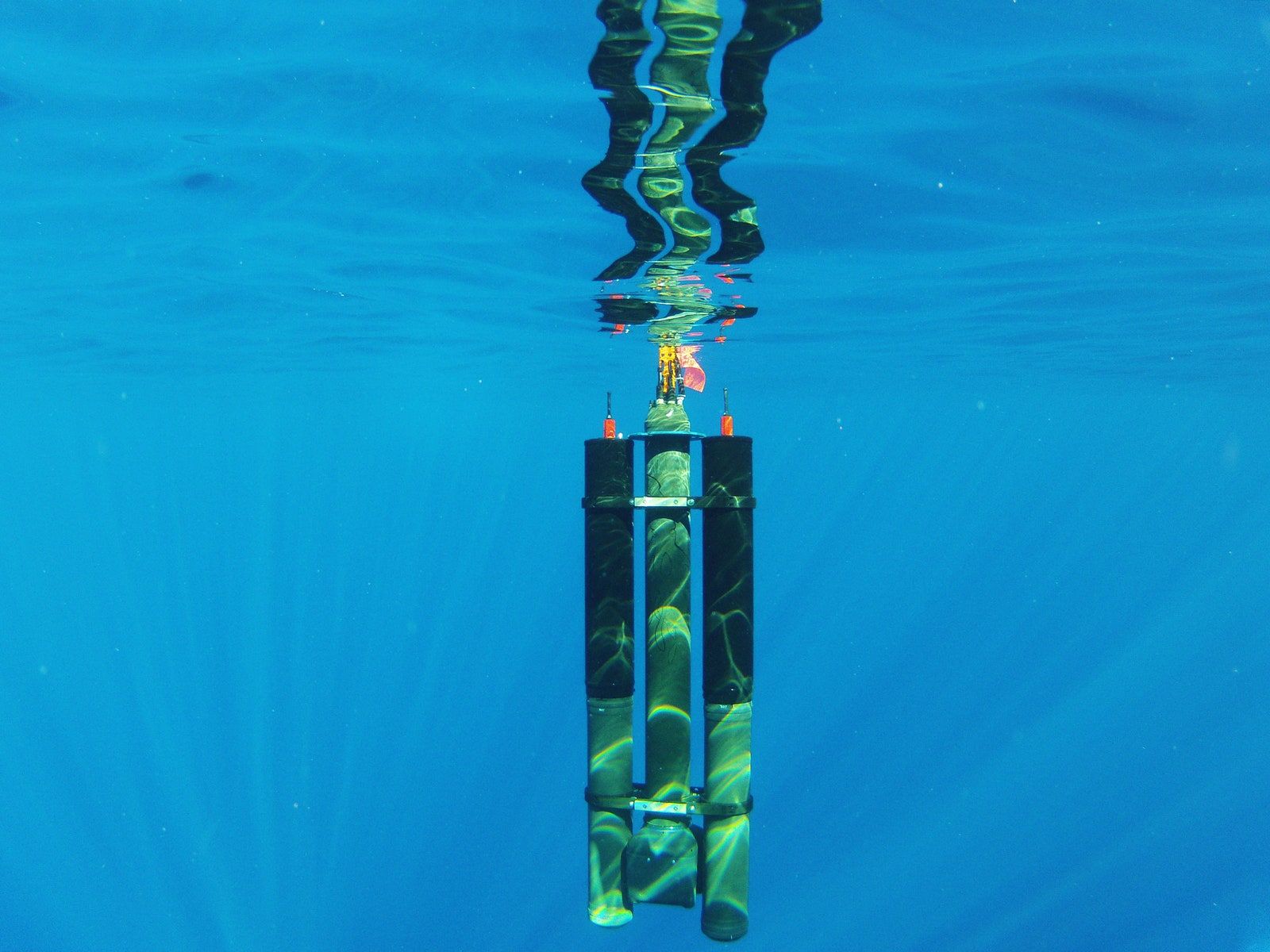
⚓️ New way of powering aquatic research robots
An ex-NASA researcher has unriddled how the thermal energy trapped in the ocean can generate unlimited clean power for aquatic robots.
Share this story!
Yi Chao, a former oceanographer at NASA’s Jet Propulsion Laboratory with nearly two decades of experience, left to commercialize a seagoing generator that can utilize the limitless amount of thermal energy trapped in the oceans.
Chao’s company is called Seatrec. Seatrec has developed an ocean thermal generator called SL1. The SL1 is designed for and will be used to power submersible sensor-laden research robots also known as profiling boats. These robots collect data from the oceans and beam the information to a satellite once it resurfaces. Profiling floats are the best tool scientists have for studying the upper ocean from afar. Today there are thousands of these robots in the Earth’s oceans. However, the research tools lifespan is limited by their power source. The SL1 and Seatrec might just be the solution to the problem.

Wired explained how the SL1 works:
“The bottom of the cylinder is packed with a specially designed wax that changes its phase depending on the temperature. The wax solidifies when the SL1 lowers itself into the frigid depths of the deep ocean. Then, when the tube resurfaces, the relatively warm water causes its waxy innards to liquify. During the phase change from solid to liquid, the wax increases in volume and raises the pressure inside the tube, which forces a fluid through a generator and creates electricity. All the device has to do to recharge is descend into colder water to resolidify the wax; it can do this by releasing a tether or deflating an internal air bladder.”
In February last year, Chao and his team tested the SL1’s potential and sent two generators on multiple dives to 3 000 feet beneath the surface. The generators were attached to a profiling boat and were able to generate enough energy to power many different research tools used by oceanographers. Chao told Wired:
“We were confident it would work, but then we proved it. Demonstrating the two SL1s is game-changing because it’s 100 percent energy-neutral. Essentially we solved the energy limitation of the underwater float.”
The floats are constructed to work in any types of water and ocean environment. Just by adjusting the chemistry of the wax so it solidifies and melts at the right temperature the generators are ready for any types of conditions.
For the ocean research community, this is a massive asset and an explicit success. Chao and his team from Seatrec believe the ocean research fleet will drastically increase in size by providing limitless clean energy that extends the lifespan of the vehicle.
By becoming a premium supporter, you help in the creation and sharing of fact-based optimistic news all over the world.


